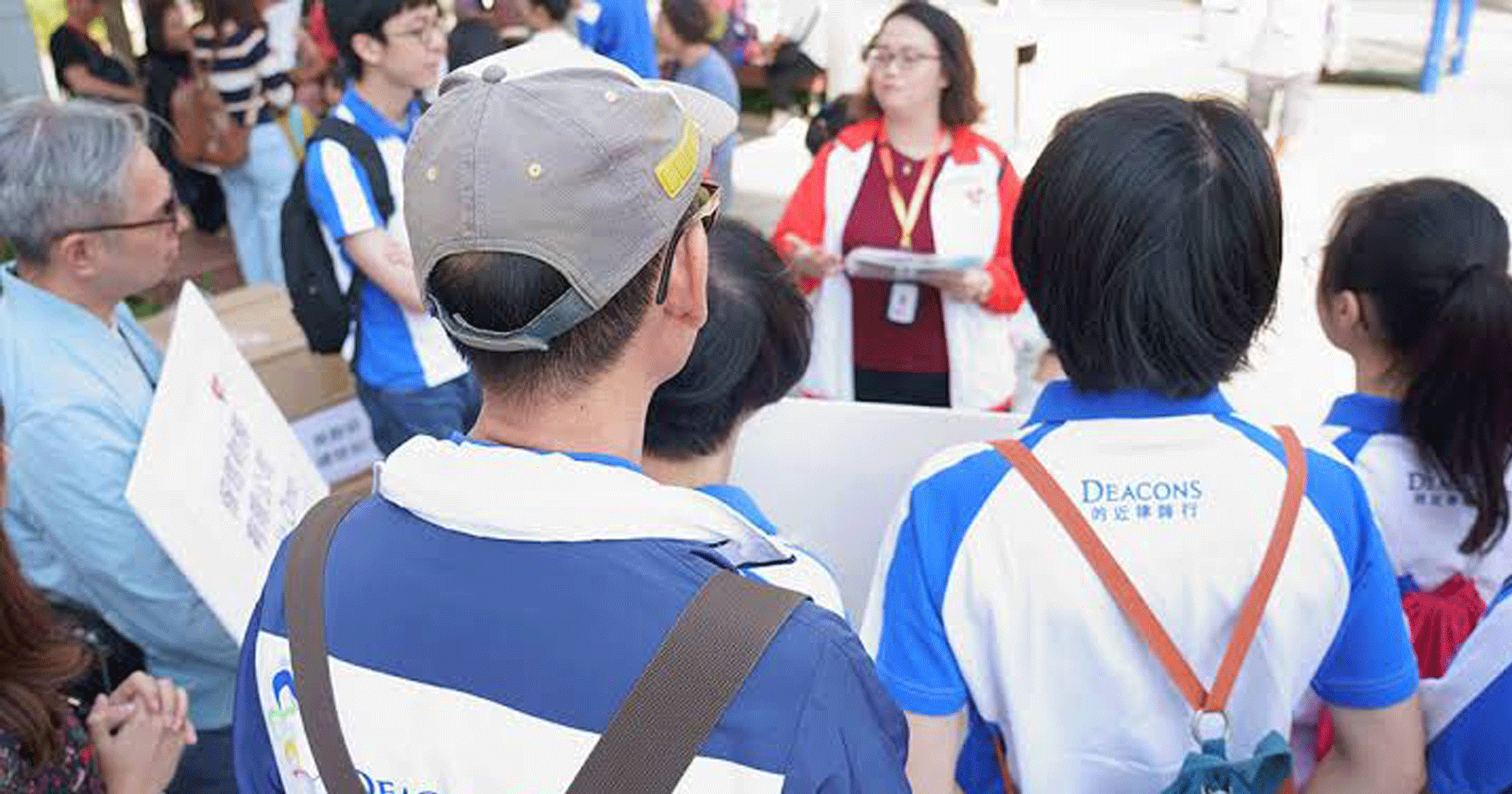I have been in many conversations lately about how we, as the church, need to look more closely at how we engage with our communities. We need to be engaged in a way that has real meaning for those of us who try to live by Christian values and principles. I recently read some material by Bryan Tener, a writer who has a background in discipleship ministries. His writing gave me much pause for thought, and I want to share some of his ideas, as well as my own, with you.
Bryan says, “In the rhythms of daily life, most people spend their time in three types of places: home (first space), work (second space), and the communal gathering places in between, what sociologists call “third spaces.” These third spaces include coffee shops, gyms, parks, barbershops, community centres, and even dog parks. They are places where people naturally gather, where relationships are formed, and where trust is built over time.
For the church, third spaces are fertile ground for relational ministry: spaces where we can practice incarnational presence, being with people, rather than trying to draw them into church buildings. The challenge, however, is that presence in these spaces requires a different posture from traditional church outreach efforts. Instead of organizing programs, hosting events, or inviting people to come to us, we are sent out to show up, listen, and join in the everyday lives of our neighbours.
While I think that we instinctively know the truth of those words, I wonder how much work we are actually doing to live out that truth. It is hard, I know, with dwindling resources, both human and monetary, to show up, listen, and join in the everyday lives of our neighbours. However, if we are serious about engaging the community in meaningful ways, we need to look at what this might mean and to ask some important questions.
Where are people already gathering? What would it look like to be present in that place and space, not as a church leader, but simply as someone who wants to show the love and compassion of Jesus Christ, to others? How has God already been at work in those spaces, long before we arrive? What has God already been doing with those people and those relationships that we can expand and build on, going forward?
Remember that Jesus spent very little time confined to religious spaces. His ministry happened on the move, in homes, in public gathering places, and along the road as he travelled. This pattern of ministry reveals a simple but profound truth: Jesus met people where they already were. He didn’t require them to enter a synagogue first. He stepped into their world. We, the church today, must do the same, learning to build relationships in third spaces rather than expecting people to enter the church to encounter Christ, and all that Our Lord taught us about how to treat people.
Engaging in third spaces requires intentionality. It is not about taking over a space but becoming part of the fabric of that space, showing up regularly, and allowing relationships to develop naturally. So, for a start, develop a consistent presence.
People notice consistency. When we frequent the same spaces regularly, we become familiar faces, and familiarity builds trust. Being present in a third space is not about forcing interactions but allowing relationships to develop over time without an agenda.
Learn the rhythms of each space, that you are frequenting. Every third space has its own culture, dynamics, and unspoken rules. The way people interact in a coffee shop is different from the way they engage in a park or a gym. Rather than rushing to “do ministry,” observe what conversations naturally happen in that place, and what needs or opportunities for connection are emerging? Paying attention to these things will allow you to see where God is already moving and how you might participate.
Finally, be open to interruptions and to changes in the conversation. Jesus’ most powerful encounters happened through interruptions, moments when someone reached out, asked a question, or expressed a need. When we are present in third spaces, we need to be ready to engage with people when natural opportunities arise.
Community engagement is more than outreach; it is how the church becomes rooted in the places and among the people God has called it to serve. Engaging the community focuses on the strengths and assets of a community rather than what it lacks. I invite you to look beyond the walls of your church building to recognize God at work in your neighbourhood and to join with the Holy Spirit in being present with the world that God loves.


